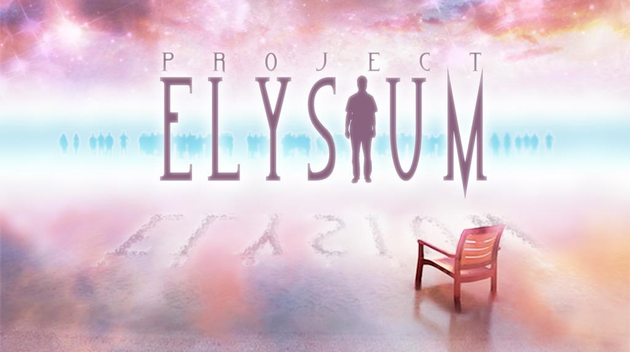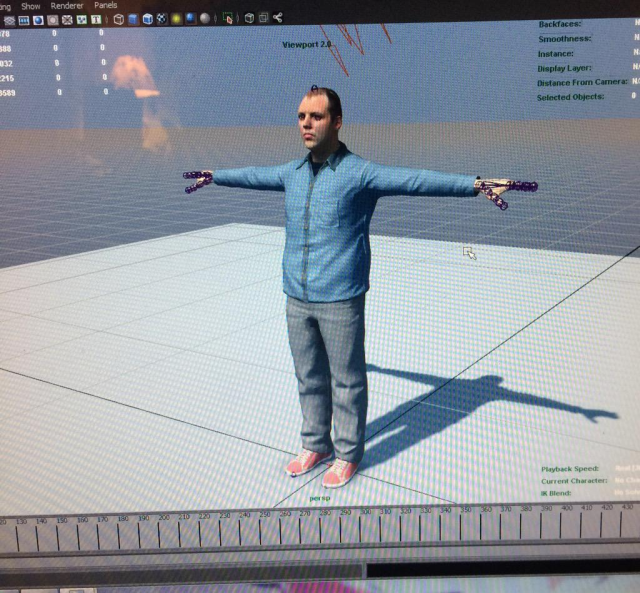Oculus VR Jam entry promises a "personalized afterlife experience."

Paranormal Games
One of the developers putting this question to the test is Australia-based Paranormal Games. Project Elysium, its entry into the upcoming Oculus VR Jam 2015, treads some shaky moral ground by promising to create a "personalized afterlife experience," reuniting people with loved ones who have passed on. Exactly how the developer hopes to do this isn’t clear at this point (it will be required to showcase screenshots by April 27, followed by video footage the week after to be eligible for the jam’s grand prize), although a screenshot from Project Elysium’s development does show a friend of the studio being transformed into a 3D model.
Naturally, this raises more questions. Would potential users of Project Elysium have to send pictures and video of the deceased to the developer in order to have him or her mapped into the game? And what about that person’s personality? How much data would the developer need in order to create a realistic representation of that person rather than just a robotic and potentially distressing facsimile? Perhaps you'll be able to do it yourself, using a character editor a la Skyrim.
Most importantly of all, though, what effect would seeing the deceased in a virtual world have on the mental health of the user?

Enlarge / A development screenshot from Project Elysium.
Undoubtedly things will change in the future, for better or worse, if we see VR used more frequently in this way. At the very least, Project Elysium will add to the growing discussion of what is and isn’t appropriate in VR, whether that’s violent gameplay, reviving the dead or otherwise, and whether we’re all at risk of losing our grip on reality.

No comments:
Post a Comment